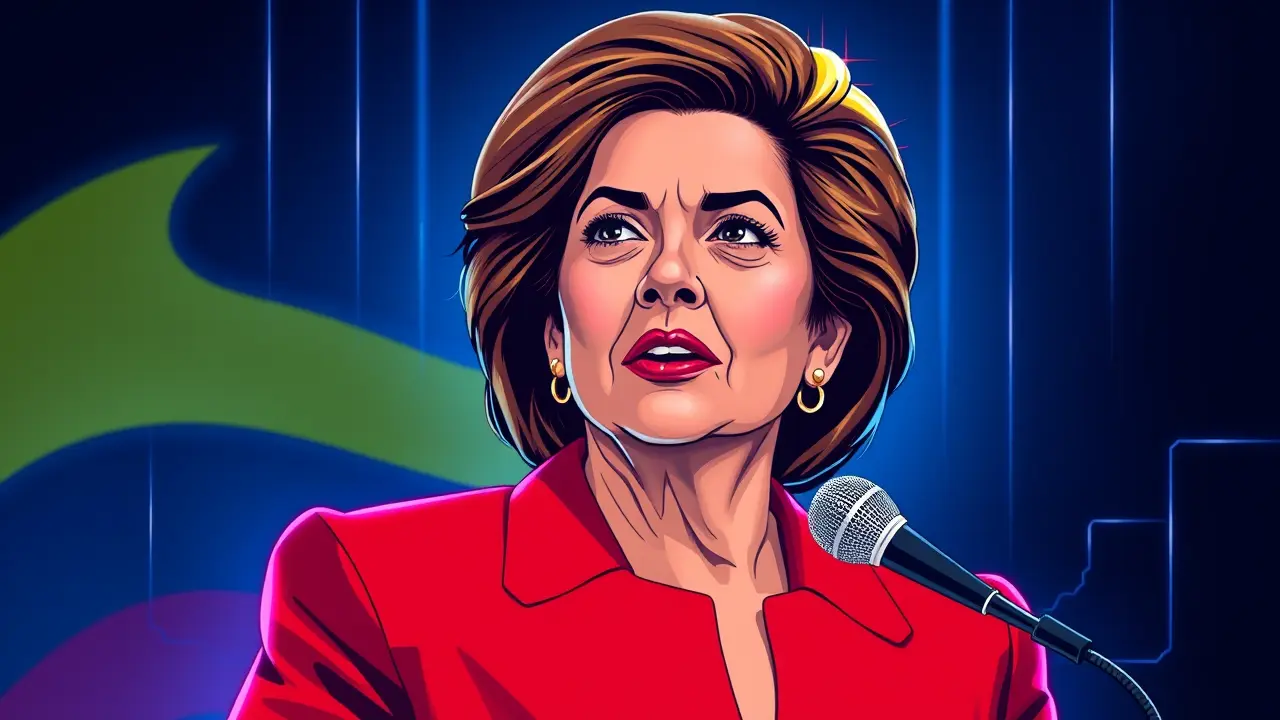Venezuelan opposition leader praises Trump's peace efforts.
In a development that underscores the complex and often unpredictable nature of international diplomacy, Venezuelan opposition leader María Corina Machado has publicly extended her appreciation to former U. S.President Donald Trump for his ongoing global peace efforts. This acknowledgment, delivered directly to Trump himself, is not merely a polite diplomatic note but a significant political maneuver that must be analyzed within the broader, tumultuous context of U.S. -Venezuela relations and the shifting sands of global power dynamics.For years, the relationship between Washington and Caracas has been a geopolitical pressure cooker, characterized by severe economic sanctions, accusations of authoritarianism against the Maduro regime, and a persistent struggle for democratic legitimacy. Machado, a figure who has long represented a staunch opposition to the current Venezuelan government, aligning herself with Trump—a leader whose own tenure was marked by a 'maximum pressure' campaign against Nicolás Maduro—presents a fascinating strategic pivot.One must consider the historical parallels; much like Churchill’s pragmatic alliances during the Second World War, political figures often find themselves making calculated overtures to unlikely partners when the strategic landscape demands it. Trump’s efforts, which his supporters claim involve back-channel negotiations and a unique brand of personal diplomacy, have often been met with skepticism by the foreign policy establishment in both major American parties.However, from Machado’s perspective, this public praise could be a tactical move to re-engage a powerful, if controversial, American voice in the Venezuelan crisis, potentially creating a new opening or applying a different kind of pressure as the country grapples with profound humanitarian and economic challenges. The reaction from the current Biden administration, which has pursued a more measured and multilateral approach, will be critical to watch, as will the response from Maduro’s government, which has historically leveraged U.S. political divisions to its advantage.This single statement, therefore, is far more than a compliment; it is a ripple in the pond of international relations, hinting at potential realignments, the enduring personal influence of a former president, and the high-stakes game where the quest for national liberation often requires navigating a world of complicated, and sometimes contradictory, allegiances. The long-term consequences remain uncertain, but this event undoubtedly adds a new, intricate layer to the ongoing narrative of Venezuela's political future and America's role in shaping it.
It’s quiet here...Start the conversation by leaving the first comment.
© 2025 Outpoll Service LTD. All rights reserved.
